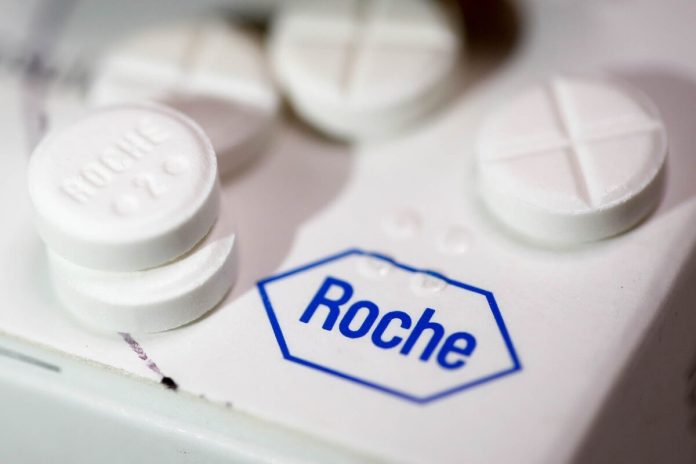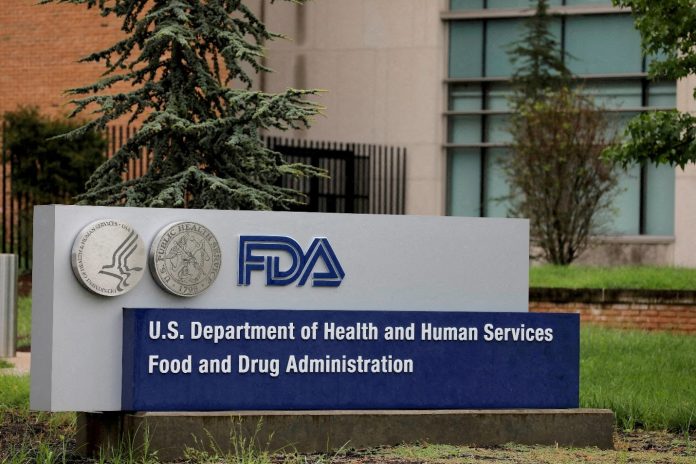US FDA approves Bayer drug for specific type of lung cancer
The U.S. Food and Drug Administration said on Wednesday that it has approved Bayer’s drug for patients with a form of lung cancer that has advanced or spread despite earlier treatments.
The drug, branded as Hyrnuo, is approved for non-squamous non-small cell lung cancer (NSCLC) in patients with mutations affecting the HER2 protein, which plays a crucial role in regulating cell growth and development, as identified by an FDA-approved test.
Bayer’s oral drug belongs to a class of drugs known as kinase inhibitors, which block the action of protein kinases that regulate cell growth.
The monthly list price for Hyrnuo is $24,000.
Approval of Bayer’s drug also heats up competition with privately held Boehringer Ingelheim’s Hernexeos, another kinase inhibitor, approved in August for a challenging form of lung cancer.
Hyrnuo’s approval “provides a welcome addition to the treatment space,” said Bayer executive Chandrasekhar Goda.
In studies, 71% of the 70 patients who received Hyrnuo, after previous cancer treatments but not those targeting the HER2 mutation, saw their tumors shrink or disappear.
In another group of 52 patients who had prior systemic therapy, including HER2‑targeting treatments, Bayer’s drug helped shrink tumors in 38% of them.
NSCLC is the most common type of lung cancer, with about 80% to 85% of all cases.
Antibody-drug conjugates such as AbbVie’s Emrelis are also approved for a type of NSCLC. The class of therapies acts as “guided missiles” that target only cancer cells while sparing healthy cells, unlike conventional chemotherapy.
Other treatment options for NSCLC include Merck’s blockbuster Keytruda and AstraZeneca’s Tagrisso.
FDA also approved the Life Technologies Corporation’s test as a companion diagnostic device to help detect the mutations in patients who may be eligible for Bayer’s drug.











